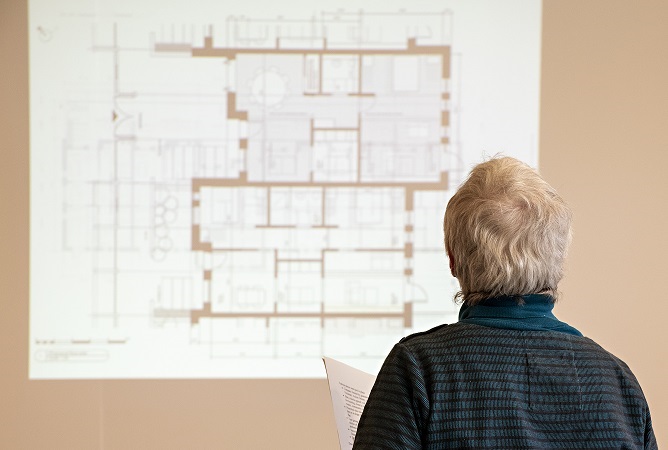NPF4 Draft Consultation
On 10th November 2021, the Scottish Government opened their consultation seeking views on the draft National Planning Framework 4 (NPF4) – a long term plan for development and infrastructure in Scotland to 2050 to support sustainable and inclusive growth. Rural Housing Scotland submitted a response to this consultation which you can view below:
Call for Ideas
In early 2020, the Scottish Government put out a ‘Call for Ideas’ for National Planning Framework 4. Housing is a key building block of this planning framework and Rural Housing Scotland submitted two response documents:
Points Raised in the Housing Technical Discussion Paper
 In terms of the technical discussion paper, RHS expressed disappointment that the different housing market circumstances and housing requirements of rural Scotland are not acknowledged in the paper, noting that it is written from the perspective of continuing housing development practice as currently organised, offering no ambition in regard to alternative development solution.
In terms of the technical discussion paper, RHS expressed disappointment that the different housing market circumstances and housing requirements of rural Scotland are not acknowledged in the paper, noting that it is written from the perspective of continuing housing development practice as currently organised, offering no ambition in regard to alternative development solution.
We also noted that only one organisation is mentioned in the paper as a key stakeholder – Homes for Scotland – and that this organisation represents large-volume builders covering a largely urban membership. This does not acknowledge the differences in the rural sector.
We made three specific points, providing further discussion in our NPF4 Housing technical discussion paper:
1) There is no recognition of the failure of current Housing Need and Demand Assessment and Local Housing Strategy processes to measure and meet rural housing needs and the proposed approach offers no mitigation to address these failures or rural/ island proof policy.
2) The paper makes no mention of housing land to enable rural repopulation despite this being a high level outcome of NPF4 and a major policy aim of the Programme for Government.
3) Contrary to obligations under the Islands Act, the paper does not consider whether the proposed approach will have a different effect within Island communities
Summary of Points in Call for Ideas submission
Addressing climate change, the RHS response advocated for a range of measures including looking at land issues in terms of access and efficient use; prioritising the use of existing buildings; setting ambitions targets and standards at both a household and strategic level; the use of non-toxic, renewable materials; including health and biodiversity in thinking around housing.
In terms of supporting quality of life, health and wellbeing, the RHS response advocated for less focus on volume house builders and more investment in alternative routes for creating affordable housing, including community-led housing and opportunities for small developers. Our response also highlighted examples of how NPF4 could proactively contribute to the repopulation of rural areas by promoting new sustainable forms of living and working in rural area.
In response to questions around how planning can enable development and investment in our economy, the RHS response highlighted that affordable housing is key to the rural economy but that land availability, planning and outdated ideas about potential employment in rural areas is restricting growth. Our response advocates for a return to a town and country planning model, with policies to enable rural-focussed development and planning, stating that NPF4 should enable place-sensitive approaches which facilitate development to meet particular challenges, needs and opportunities.
In terms of what policies are needed to improve, protect and strengthen the special character or our places, the RHS response highlighted the need for policies which protect landscape and natural heritage but which also protect rural populations. We therefore advocate for specific development policies which meet the economic and housing needs of rural communities to enhance, protect and strengthen rural areas.
